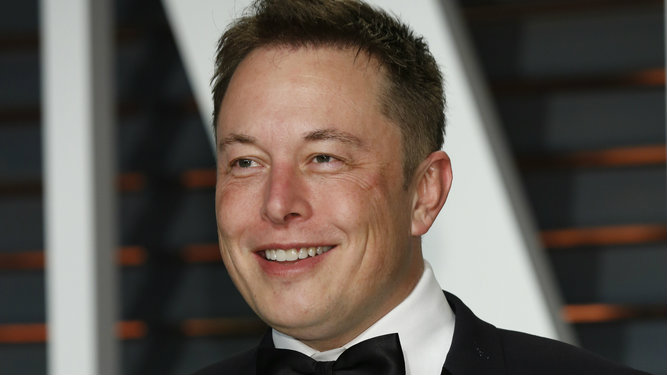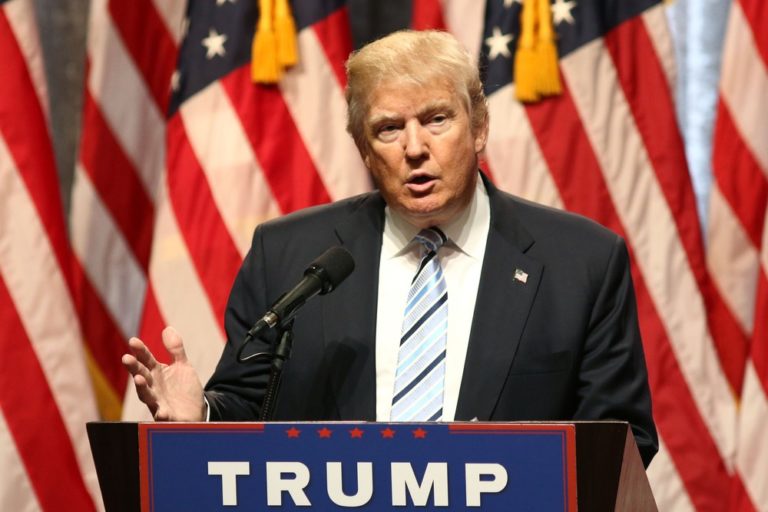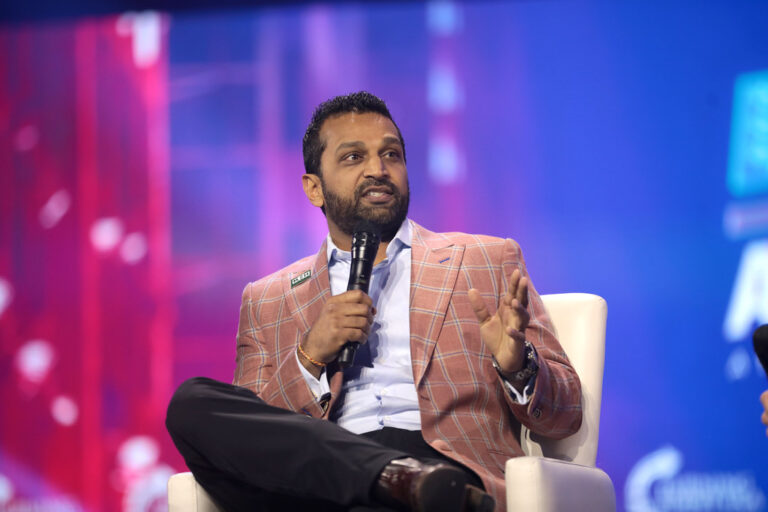Key Takeaways:
- Donald Trump has over $500 million in campaign funds to help Republicans in the 2024 elections.
- He may use this money to support loyal candidates and punish those who don’t support him.
- Trump wants to influence primaries and gubernatorial races to keep the GOP in line.
- His support depends on candidates showing loyalty and being strong contenders in general elections.
Donald Trump is gearing up to play a big role in the 2024 midterm elections. With a massive war chest of over half a billion dollars, he aims to help Republicans keep their slim majorities in Congress. But there’s a catch—he might use this money to reward loyal supporters and punish those who don’t fall in line.
A Look at the Conditions for Support
Trump has made it clear that his financial backing comes with strings attached. According to sources close to the White House, Trump’s support for Republican candidates will depend on two main factors:
- Loyalty: Candidates must show unwavering loyalty to Trump and his agenda.
- Viability: They must prove they can win in a general election.
This means Trump isn’t afraid to endorse candidates who aren’t the GOP’s top choices, as long as they meet his conditions. His advisers have warned Republican lawmakers to “be smart” and avoid actions that could put them at odds with the former president.
The Uncertainty of Loyalty Tests
It’s still unclear how Trump will measure loyalty. Some GOP operatives have told his team that swing-state Republicans need flexibility to stay competitive. This could mean allowing some candidates to distance themselves from Trump in moderate areas.
However, Trump has made it clear that he’s willing to spend his war chest on candidates who align with him. He recently told Republican governors, “If I can’t spend it on me, I guess it means I’m going to be spending it on some of my friends.”
Trump’s Active Role in Governor Races
Trump also plans to get involved in gubernatorial primaries. He told GOP governors, “I gotta spend it somewhere,” hinting that he’ll use his funds to influence these races. This could mean endorsing candidates who are loyal to him, even if they aren’t the party’s preferred choice.
The Future of Trump’s War Chest
While Trump’s claims of raising $608 million in three weeks are impressive, they can’t be verified until fundraising reports are filed. It’s also unclear whether this money came from his presidential transition or inaugural committee. Regardless, Trump has already converted his 2024 presidential campaign committee into a leadership PAC called Never Surrender, Inc.
This move allows him to continue raising and spending money on political activities. For now, it seems Trump is focused on using his resources to shape the GOP’s future and ensure his influence remains strong.
What It All Means
As the 2024 elections approach, Trump’s war chest gives him significant power over the Republican Party. His ability to fund campaigns and influence primaries could shape the outcome of key races. Whether this strategy pays off remains to be seen, but one thing is certain—Trump isn’t holding back when it comes to protecting his allies and advancing his agenda.






